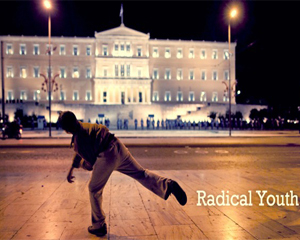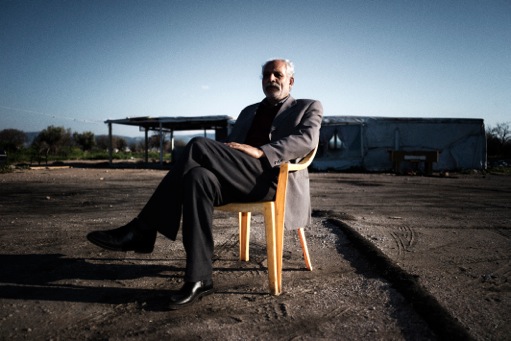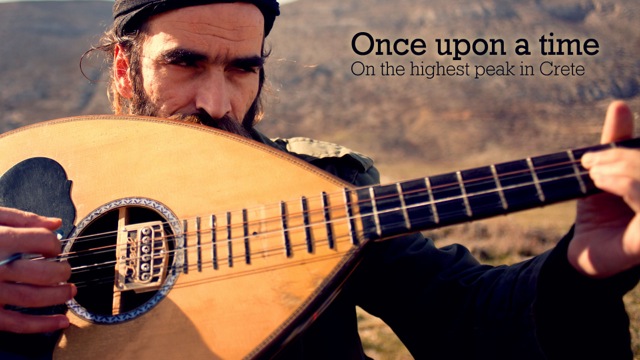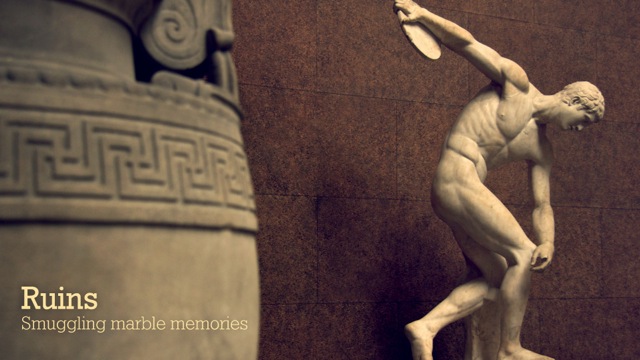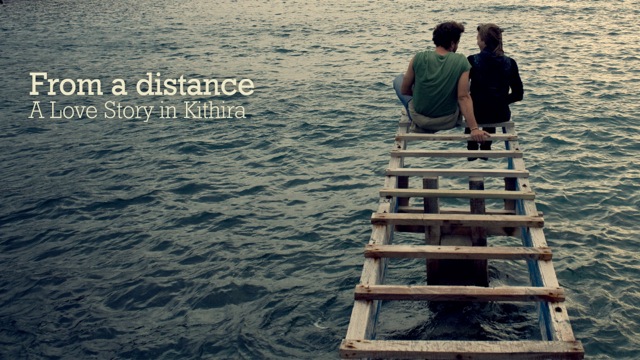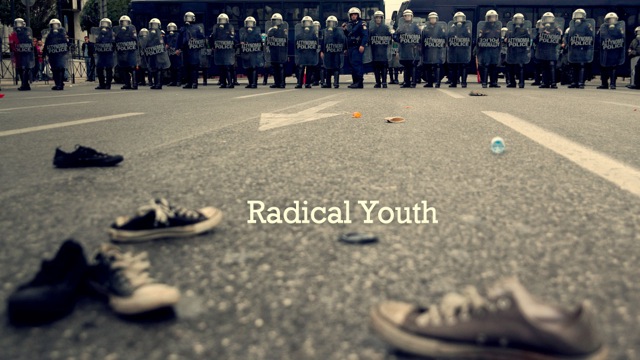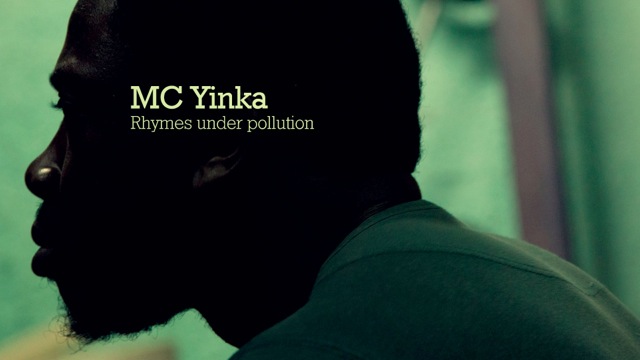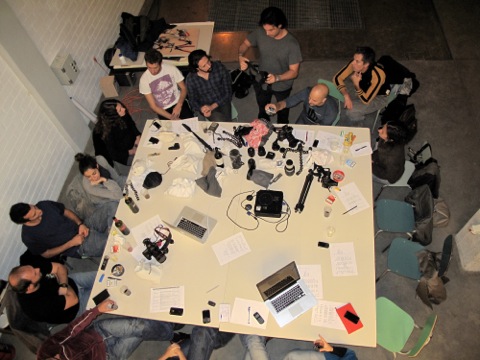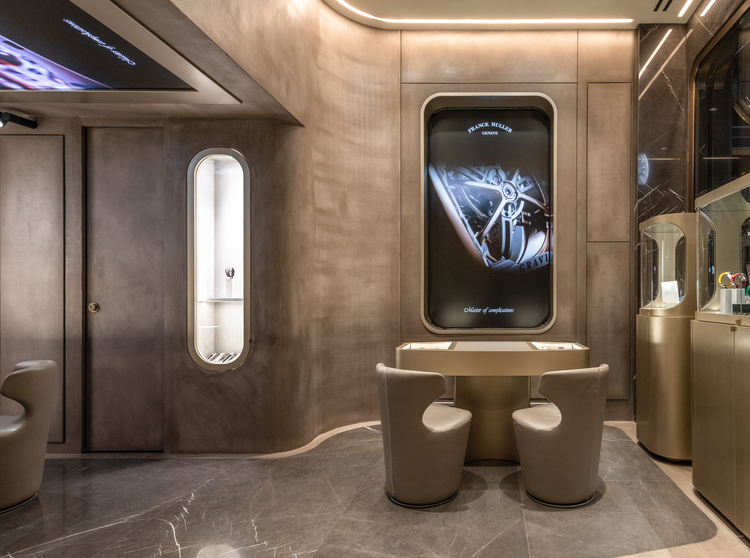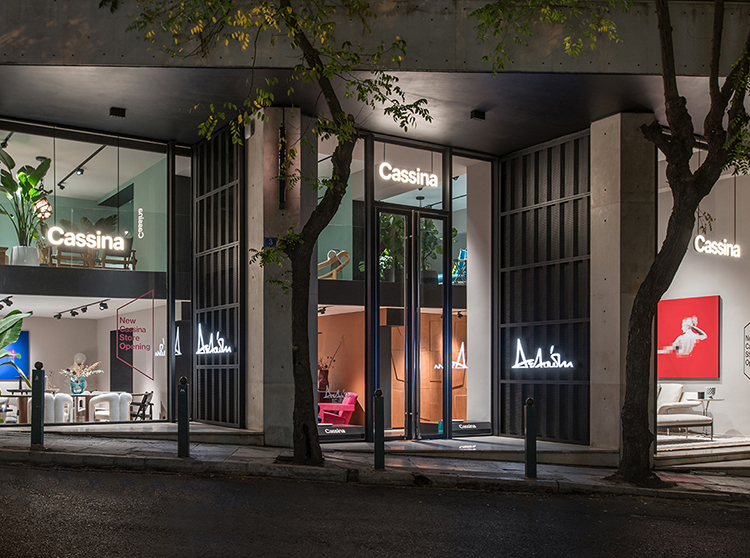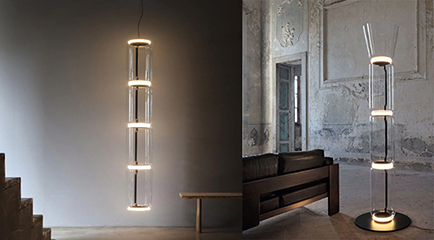It was around May 2010 when Nina Maria Paschalidou had just wrapped up a fellowship at Georgetown’s School of Foreign Service, as she found herself increasingly sucked into debates regarding Greece’s future. The future looked grim indeed, and Nina, armed with years of experience in documentary filmmaking decided to make a break for it and go see for herself what the fuss was all about. She was not alone.
Having decided to pursue documentary filmmaking after gaining an MA from New York’s New School, Nikos Katsaounis also found himself in his native Athens. His arrival in Athens after a 13-year absence was not entirely planned, but it was no accident either. Consumed by ideas of multimedia storytelling, and thirsty for the opportunity to bring unheard voices to the fore, Nikos joined Nina in Athens to pick up the thread of Greece’s jumbled narrative at possibly the most important turning point in the country’s modern history.
And that’s how this story begins. The story of The Prism GR2011, a collective documentation of Greece in the winter of 2010; an adventure told through the eyes of journalists, film makers and photographers, working side by side with musicians, developers, artists and visionaries.
The story is that of modern Greece, arranged in a sequence of short films, each giving the audience a glimpse of the many facets of the country, as it struggles to find its footing. In a reversal of roles, it is as if the broader public had gained the opportunity to tell its own story. The heroes of these tales are the everyday men and women of Greece, from cities and the countryside alike, each in its own unusual circumstances painting a picture of the whole; heroes of distinctive voices, emerging from the rubble.
Nikos and Nina, the driving force behind this experimental venture, gathered around them a group of 14 photojournalists. They re-trained them in new and innovative media and brought them together in this collective endeavour. Each story is filmed by a member of the team and it’s an individual concept and idea. The group discusses and offers feedback with the direction and production lying always with Nikos and Nina.
The purpose is two-fold: to document Greece in its time of crisis in an unprecedented, raw, but personal manner and to experiment with collective story-telling and new media. The project will culminate not only in the completion of 27 shorts (now online at www.theprism.tv), but also in the production of a full length documentary (first presented at the International Documentary Film Festival Amsterdam - IDFA), a travelling exhibition of the photographic work and an accompanying publication.
It is a brave project, one that is pushing this team towards lifting the veil of Greece’s existence and delving into whatever lies beneath. Without an agenda, without political affiliations, the task becomes all the more challenging and they will certainly encounter difficulties ahead. But this is not a simple story of discovery; it is also an adventure. And like any adventure, monsters will be slain, villains will be defeated and hard truths will have to be faced. In the words of Nina ‘what we don’t understand here in Greece is that there comes a time when you have to let go. You can’t always want the same things; times change and you need to change with them’.
Times change, yet in many ways times stay the same. When looking through the shorts filmed by the team of The Prism, I can’t help but think of documentary films or current affairs coverage in the US of the late 60s. Particularly vivid in my mind is Songs of America, a CBS TV special on (and by) Paul Simon & Art Garfunkel that aired in 1969. This film, among other things, paid tribute to uprisings taking place in the country and to the ‘fallen’ figures of recent American history, such as Robert Kennedy and Martin Luther King, all the while retaining a spectator’s neutral stance. It was close to being an objective glance at a country on the brink of change. The film was very controversial at the time, and the sponsors were particularly incensed by scenes being aired of the Poor People’s March on Washington DC and the Civil Rights movement, beneath the sound of Bridge Over Troubled Water; but they were particularly opposed to the feature of solely Democratic political figures in the film. As the producer pointed out years later, weren’t they all ‘assassinated’, instead of just ‘Democrats’?
Perspective is something The Prism does very well, and it is the reason why the project breathes new air into the Greek media. This series of modern story-telling attempts to look at current events in the face and focuses on documenting rather than interpreting.
Nikos Katsaounis is a filmmaker and producer living in New York City. Having completed an MA in media studies at the New School of New York, Nikos fell into documentary filmmaking. He won an Emmy for his work with NBC on the 2004 Athens Olympics, and among other things he has produced several online series, webisodes and a couple of feature films. He is interested in short-format documentaries and in the concept of story-telling. He has recently launched www.tidbit.tv, a web platform for story-tellers.
Nina Maria Paschalidou has extensive experience as a journalist in Athens, having contributed to Vima and Kathimerini newspapers. Since 2007 she has been a producer for the award winning Exandas Documentary Series and is the founder of Forest Troop, a documentary and multimedia production company (www.foresttroop.com). She has a Bachelor Degree in mass communications from Boston University and an MBA from Bentley University. She studied film in Paris and New York’s NYU. She is co-founder of www.protagon.gr and is a fellow at Georgetown University’s School of Foreign Service.
